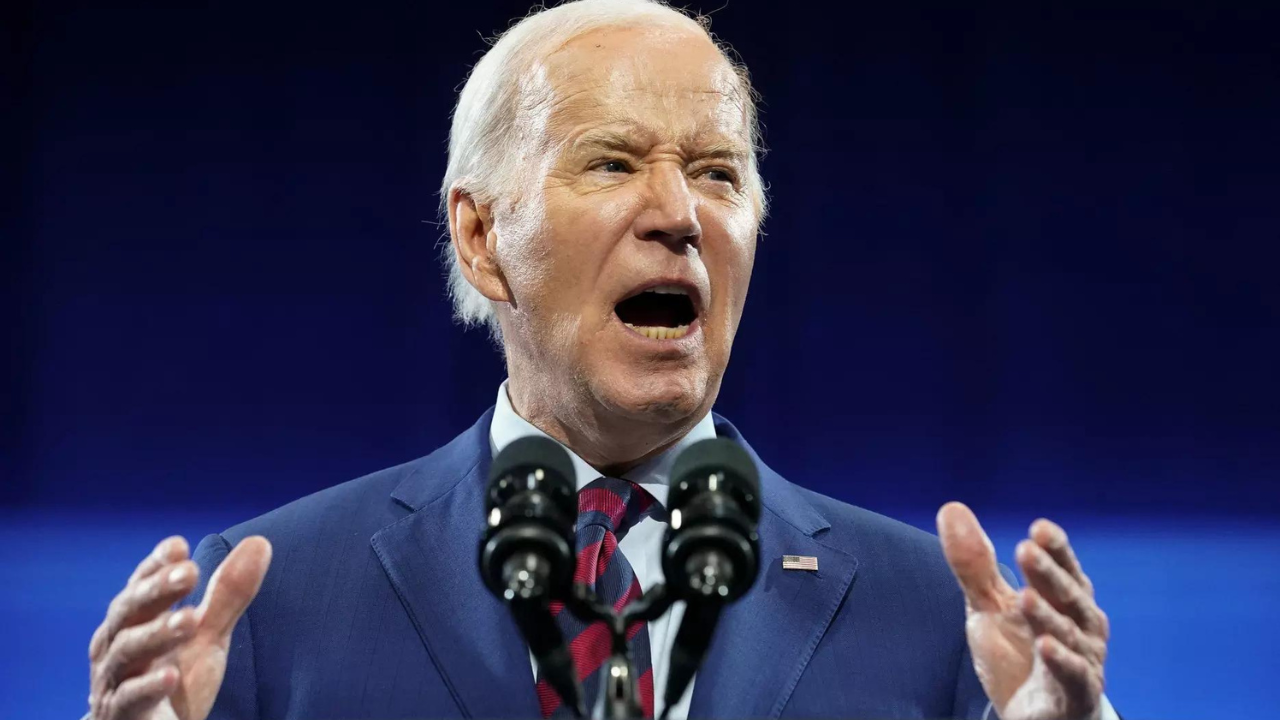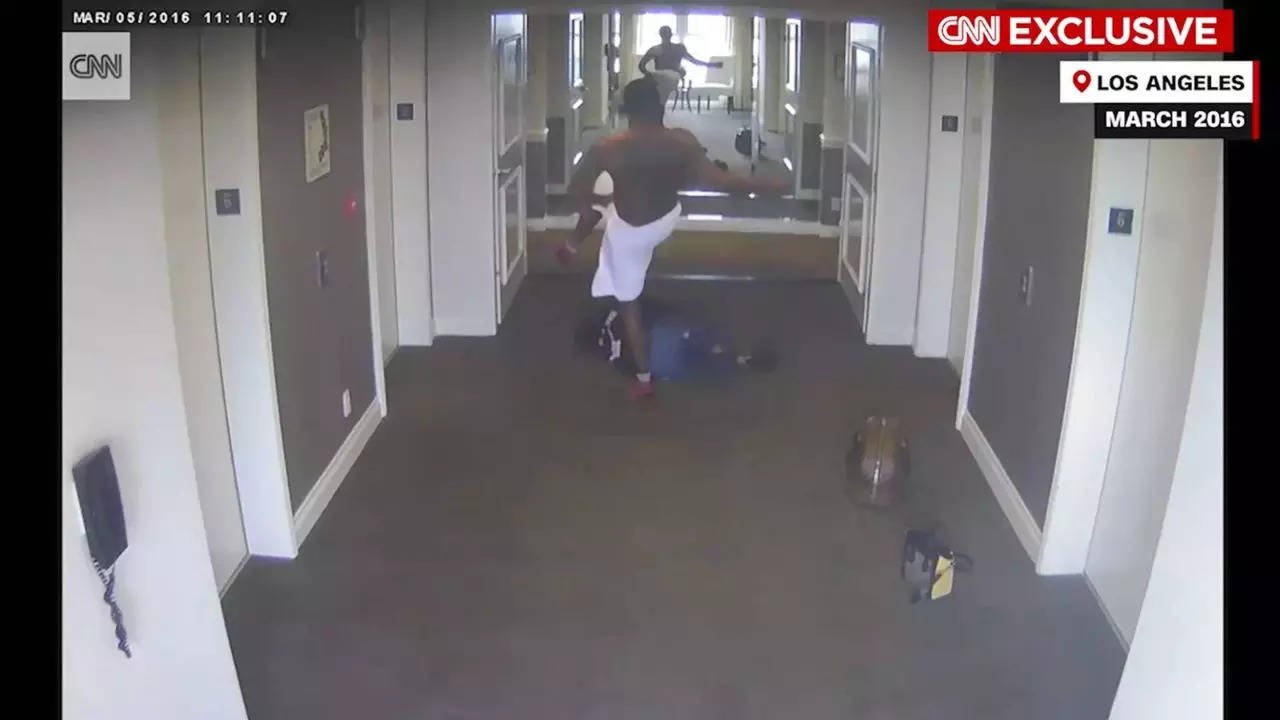Despite ‘Border Czar’ jibes, why Kamala Harris is staying mum on border issue | World News

[ad_1]
Firstly, the unpredictability of border dynamics makes the situation volatile. Although there has been a recent decline in border crossings, these numbers are subject to change and could rise again unexpectedly.Highlighting a temporary decrease could backfire if crossings increase, undermining any claims of success and exposing the campaign to criticism.
Secondly, the campaign likely wants to avoid rekindling the “border czar” narrative, a frequent Republican attack against Vice President Harris. Although her role has been to address the “root causes” of migration, Republicans often misleadingly depict her as responsible for all border issues. Focusing on the border might reinforce this narrative and leave her vulnerable to renewed criticism, particularly if conditions deteriorate.
Moreover, immigration remains a divisive issue within the Democratic Party. Highlighting a policy that restricts asylum access could alienate progressives who advocate for more humane immigration policies, risking a loss of enthusiasm and unity among her base—especially those energized by her presidential campaign. By steering clear of the border issue, Harris maintains a positive message that appeals broadly across the Democratic coalition.
Additionally, emphasizing restrictive border measures could invite legal challenges and backlash from human rights advocates. The Biden administration’s current policy has already faced lawsuits and condemnation for turning back migrants with legitimate claims to protection. Discussing these actions could conflict with Democratic values and alienate voters who prioritize human rights and asylum issues.
The Harris-Walz campaign might also be strategically emphasizing other topics that resonate more widely, such as economic policy, healthcare, and climate change. This approach allows the campaign to maintain a message centered on unity and forward-looking policies, avoiding the contentious issue of immigration.
Lastly, the campaign might be waiting for more opportune moments, such as key debates or interviews, to address the border situation. This strategy would allow Harris to provide a more comprehensive response or adjust her messaging based on the evolving political landscape and public opinion closer to critical electoral events.
Republicans have accused Kamala Harris of reversing her stance on immigration policy after she recently endorsed an initiative to expand the controversial US southern border wall—a move she previously criticized as “un-American” and “a medieval vanity project.”
At the Democratic National Convention last week, Harris committed to reviving a bipartisan immigration deal that had failed in the Senate earlier this year. This agreement, formulated between the Biden administration and congressional Republicans, would have represented the toughest crackdown on illegal immigration in years. However, it unravelled when GOP members withdrew support under pressure from Donald Trump, who did not want Democrats to gain political credit for a potentially vote-winning issue.
Reviving the deal now means Harris supports a plan to spend hundreds of millions on the border wall, a prominent project from Trump’s presidency, according to James Lankford, a Republican Senator from Oklahoma who was involved in drafting the deal.
“The Trump border wall is a requirement,” Lankford told Axios. “The bill lays out the standards from the Trump administration: location, construction specifications, height, and type—all are specified based on Trump-era guidelines.”
Lankford’s office pointed out that the proposed legislation allocates $650 million for wall construction, a much smaller sum than the $18 billion Trump requested in 2018. However, any funding for the wall represents a significant departure from Harris’s earlier strong opposition as a U.S. Senator from California.
In 2017, shortly after joining the Senate, Harris called the wall a “stupid waste of money” and vowed to block its funding. During her 2019 presidential campaign launch, she dismissed it as a “medieval vanity project,” and in February 2020, she wrote on Facebook that the wall was a “complete waste of taxpayer money” that “won’t make us any safer.”
Yet, Harris has recently adopted a different tone in television campaign ads, which show images of the wall while portraying her as a “border-state prosecutor.”
This perceived shift in Harris’s stance is one of several moves away from her previously more liberal positions during her unsuccessful bid for the Democratic presidential nomination in 2020.
Additionally, Harris has faced accusations of flip-flopping on other issues, such as retracting her support for Medicare for All and a ban on fracking, as she takes a more centrist approach after moving to the top of the Democratic ticket, replacing Joe Biden, who halted his re-election campaign in July and endorsed Harris as his successor.
Harris’s hardened position on immigration follows criticism from the Trump campaign, which has branded her as the Biden administration’s “border czar” and blamed her for the surge in illegal border crossings.
Meanwhile, Harris’s campaign has recently tried to turn the tables on Trump by using his own tactics of taunts and mockery against him. Recently, the campaign mocked Trump for threatening to skip a scheduled debate on ABC on September 10 by releasing clips of his objections with a soundtrack of clucking chickens.
The Trump campaign has responded by highlighting Harris’s lack of major media interviews since becoming the Democratic nominee, contrasting this with Trump’s recent flurry of media appearances.
[ad_2]
Source link




